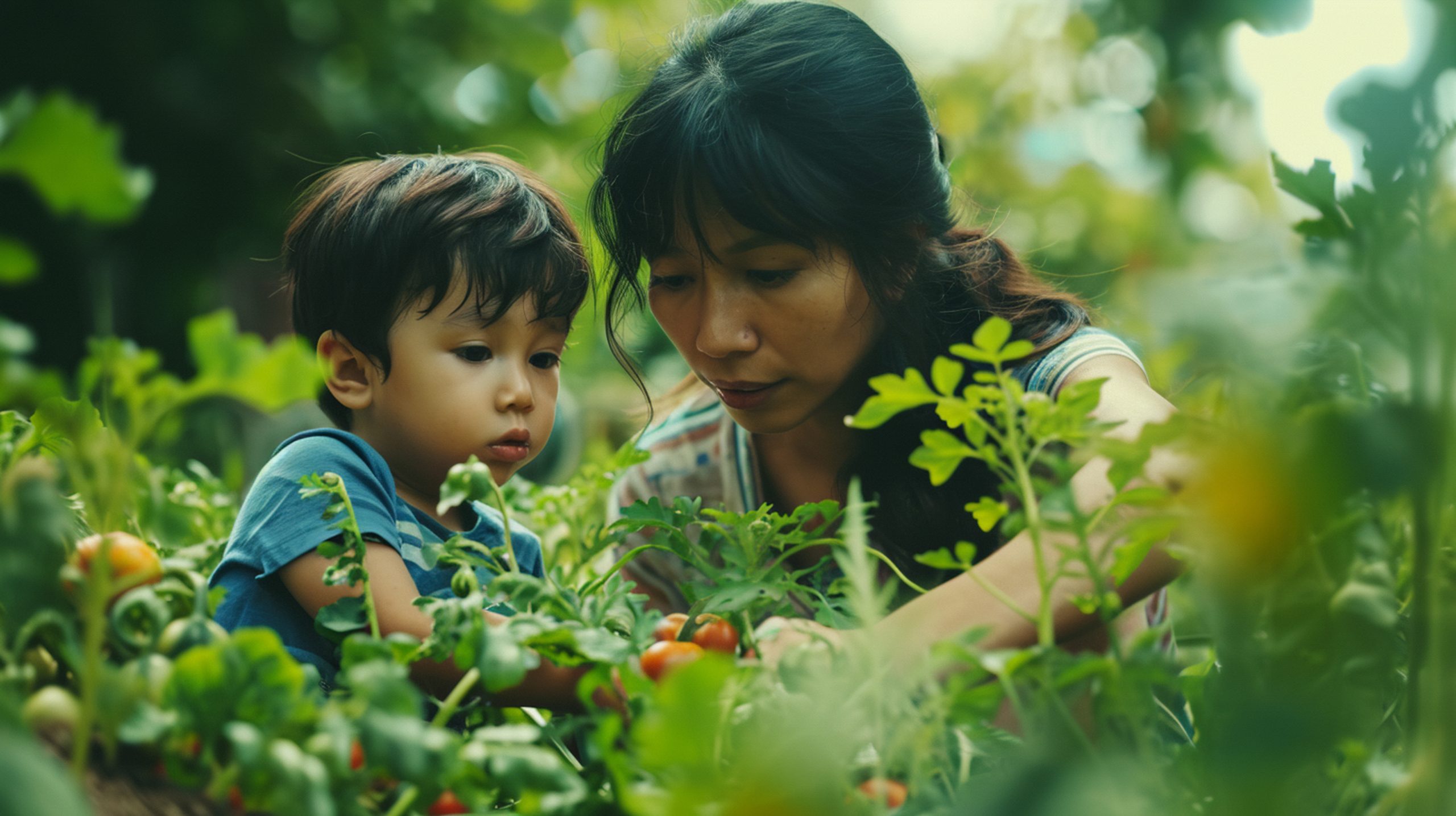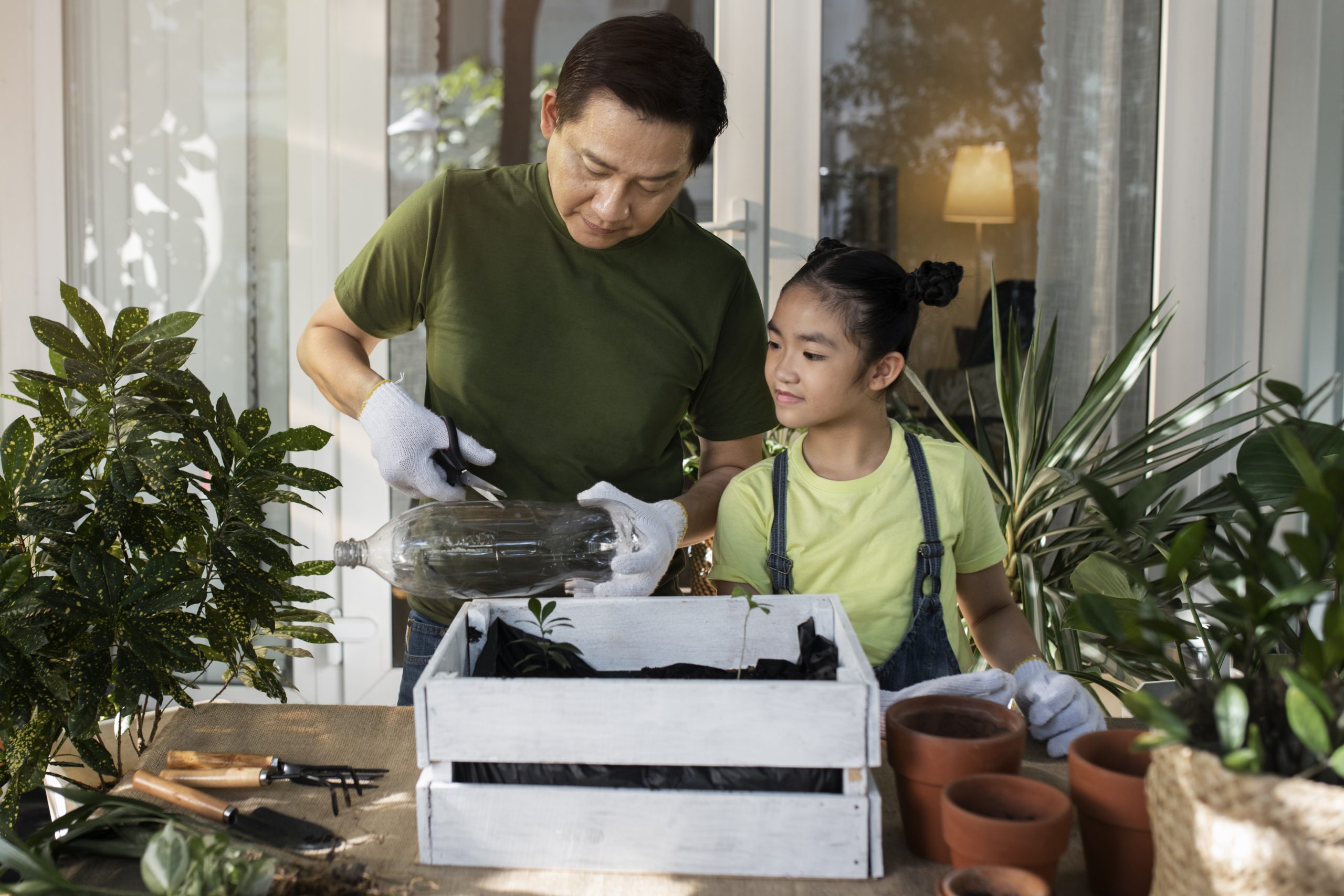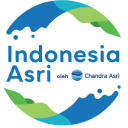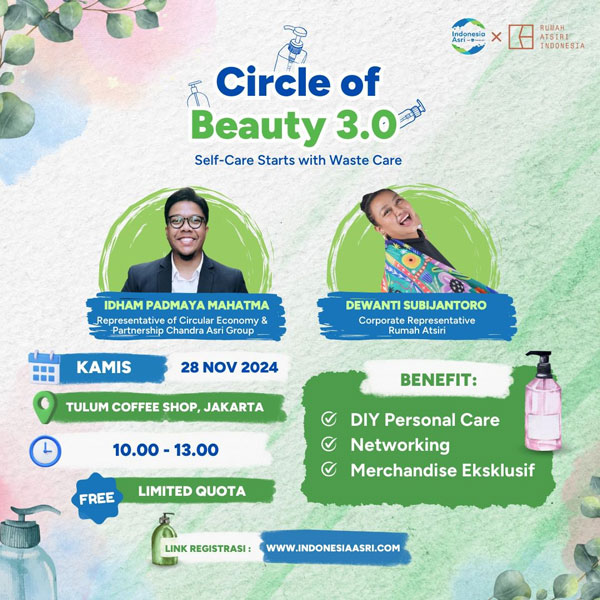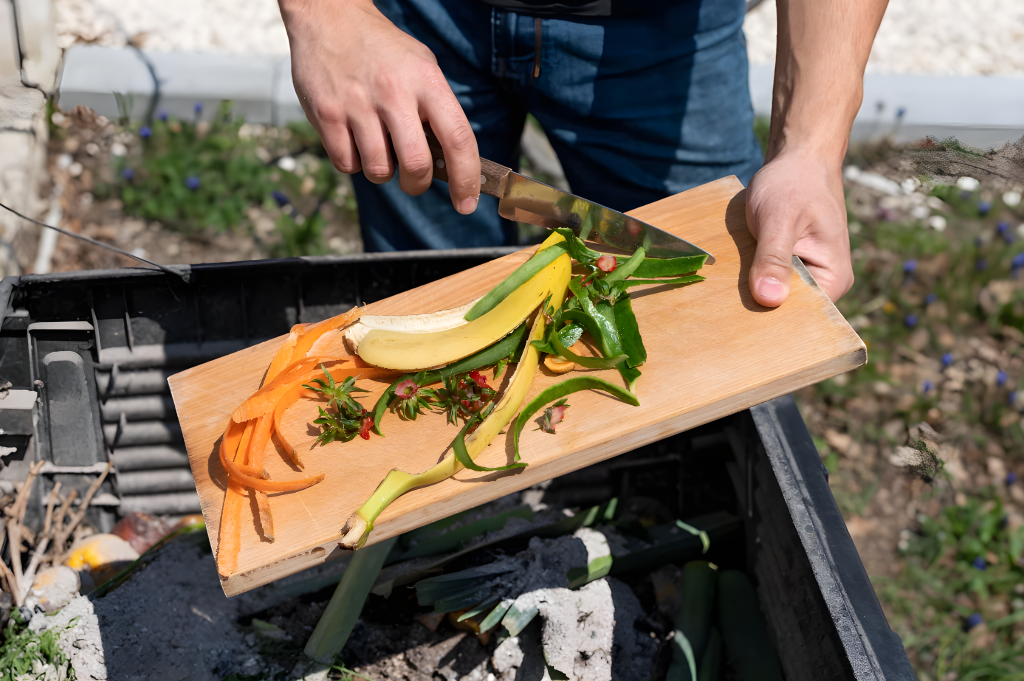
The younger generation must commit to reducing environmental impact through activities that promote environmental conservation and biodiversity, involving all levels of society.
Awareness about environmental conservation is still very low in Indonesia. Many people are not fully aware of the future negative impacts of their poor environmental management practices.
Protecting the environment is a responsibility for every organization, community, and corporation. Through responsible activities, everyone must continuously play an active role in creating a healthy environment and society.
To ensure that young people understand and recognize various environmental issues early on, many methods are taught, including participating in training or education. These activities aim to instill an awareness of the importance of environmental conservation, which is hoped to be ingrained in students and applied in their school and community environments.
Regarding environmental education, there are numerous ways to ensure that children understand and grasp environmental issues early. Students learn in natural settings, surrounded by a pristine environment.
Many youth communities actively campaign for environmental conservation programs to the public and young people. Various educational and real-world conservation activities involve the government, community, and school students.
These efforts provide a platform for young people to channel their inspirations toward a sustainable Earth.
Such activities include mangrove planting as a way to rehabilitate blue carbon ecosystems. Blue carbon refers to the carbon and greenhouse gas emissions absorbed by coastal and marine ecosystems, such as mangrove forests.
These activities not only provide education but also motivate the community to participate in environmental conservation, particularly biodiversity.
Focusing on environmental and biodiversity conservation, the main advocacy is to raise public awareness about reducing plastic use and recycling waste.
The program aims to promote environmental conservation and engage the youth in actively participating by recycling plastic waste into useful or ergonomic items, addressing the issue of waste management in Indonesia.
This initiative represents a concrete commitment to addressing environmental issues and increasing young people’s awareness of the importance of conservation activities.
This effort is meant to stimulate participants’ creativity in using local waste as a tangible action to reduce plastic waste.
Related to #AksiAsri365, this is highly relevant. However, the challenge lies in the need for initiation so that each generation can develop and implement sustainable environmental concepts that benefit society and the environment.
Moreover, raising awareness about the importance of environmental conservation can be achieved through education and training.
Hopefully, these positive activities can inspire other organizations, institutions, and communities to do the same for a cleaner, healthier, and more creative environment.
Author : Didan Nahdiar Sardjono
